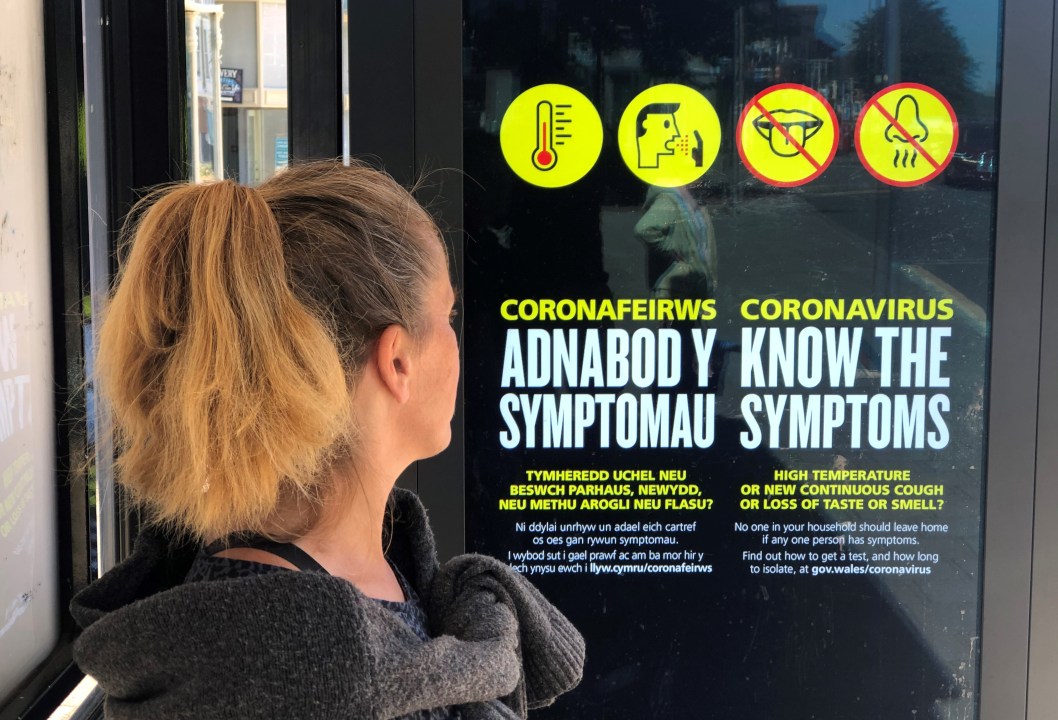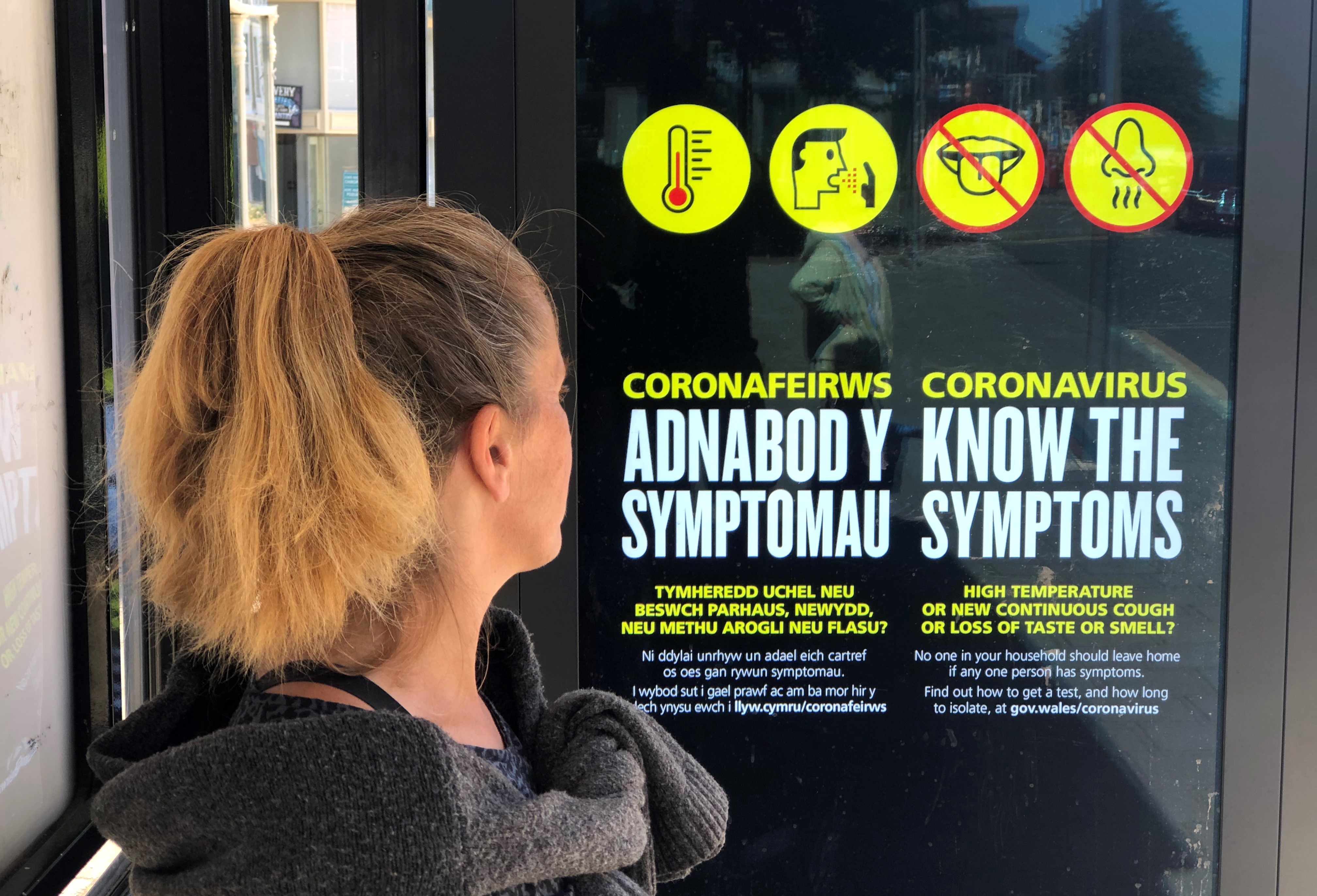Responding to the Covid-19 pandemic has imposed great strains on governments and leading politicians. But, initially at least, the reaction of publics in much of the world was a supportive one; in a time of peril, many of them ‘rallied to the flag’.
In some places, though, it was not entirely clear to which flag people should rally. Where there are devolved or regional governments of different parties to the national government, it was not obvious who might benefit from any public goodwill – or later on, from a possible backlash if the public judged government handling of the crisis to be inadequate.
In Scotland, the evidence thus far seems to suggest that – whatever mistakes the SNP government there has made in the handling of Covid – the crisis has nonetheless played strongly to the political advantage of Nicola Sturgeon and her party.
Conservative attacks on the Welsh Labour government may be horribly misreading the public mood
In Wales, things initially looked very different. A poll in early April showed the public there rallying principally behind the UK government in London. In line with the boost in their support in Britain-wide polls, the Conservatives recorded their highest-ever levels of support in Wales. Prime Minister Johnson, meanwhile, was the most popular politician in Wales. And public ratings of how the crisis was being handled were notably more favourable towards the UK government, and prominent ministers within it, than they were towards the Welsh government.
Over the two subsequent months, a greater divergence between governments within the UK on how best to tackle Covid-19 has developed. In Wales, the Labour government of First Minister Mark Drakeford has in recent weeks taken a more cautious approach to easing restrictions. This has meant different rules being applied on either side of the English-Welsh border. That has prompted a strong political reaction by some Conservatives. In a few cases, that has gone as far as questioning the existence of devolved government itself. A much more common response, though, has been to criticise the approach and conduct of leading Welsh Government ministers and to press them to ease restrictions in step with what is happening in England. Such has been the dominant theme from many Welsh Conservatives in recent days.
It will be a long time before we know for sure what is the best policy approach, in terms both of public health and the broader socio-economic impact. But in terms of the politics, it looks increasingly like Conservative attacks on the Welsh Labour government may be horribly misreading the public mood. The latest Welsh Political Barometer poll provides some rather grim reading for Tories.
Prime Minister Johnson’s personal rating has plummeted since April. In contrast, Keir Starmer is polling better in Wales than Jeremy Corbyn ever managed, while even the uncharismatic Drakeford has seen a big rise in his public visibility and popularity. When people were asked how they trust individuals and governments to make the right decisions on tackling the coronavirus, the Welsh First Minister again fares better (trusted by 46 per cent, while not trusted by 30 per cent) than the Prime Minister (trusted by 35 per cent, but not trusted by fully 57 per cent). And while 59 per cent say that they trust the Welsh government, only 35 per cent say the same about the UK government.
When directly asked about how well the two governments have handled the Covid-19 outbreak, the verdict of the Welsh people is again clear. Only 34 per cent of respondents to the new poll felt that the UK government was handling things ‘well’ (down from 59 per cent in early April); 59 per cent now think that the UK government is handling the crisis ‘badly’. By contrast, 62 per cent say that the Welsh government is doing ‘well’, and only 26 per cent say ‘badly’. Perhaps most tellingly of all, when people are asked whether they prefer the rules currently in place in Wales, or those in England, the Welsh approach is preferred by fully 69 per cent to 17 per cent. Even Conservative supporters in Wales lean towards the Welsh approach (by 46 per cent to 37 per cent).
The new Welsh poll was conducted in the wake of the Dominic Cummings imbroglio; as memories of that fade, there may be some swing back in public attitudes. But for the moment, at least, the Conservatives have taken a severe hit in public support, and Labour is back to its customary lead in Wales. Perhaps more importantly, the Welsh Labour government appears to be much closer to the mood of the public on Covid-19 than their Conservative critics. There is no great surge in public sentiment in Wales for a much swifter easing of restrictions. Many people remain very concerned about their health and that of their families. Tellingly, when asked about the modest recent loosening of restrictions in Wales, just as many suggest that this has gone too far (22 per cent) as those of the view that the changes don’t go far enough (21 per cent; with a near majority, 49 per cent, judging the modest loosening to be ‘about right’).
Following a strong performance in last year’s general election, Welsh Tories have harboured realistic hopes of a historic breakthrough at next May’s Welsh parliament election. But to achieve anything like such a breakthrough, they may need to respond to where public opinion actually is on the dominant issue of the day, not where they think it is or ought to be.
The poll, for ITV-Cymru Wales and Cardiff University, had a sample of 1,021 Welsh adults aged 18+ and was carried out online by YouGov from 29 May to 1 June 2020.







Comments